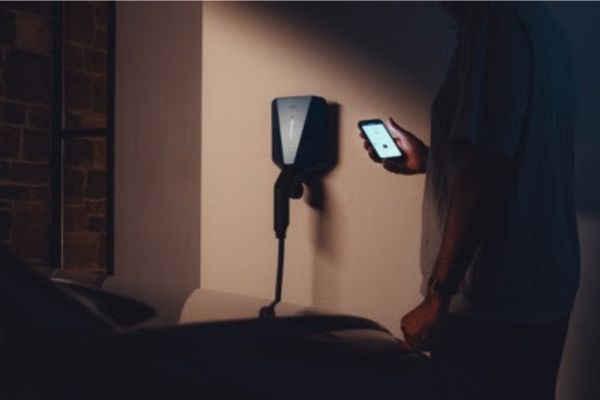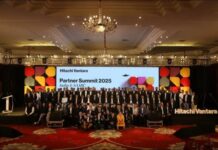Easee, a leader in smart EV charging solutions, is proud to announce its participation in the Mercury Consortium’s new initiative to develop interoperable, grid-ready standards for electric vehicle (EV) chargers. In collaboration with the Electric Power Research Institute (EPRI) and other leading industry partners, Easee is helping to define the next generation of flexible, consumer-friendly EV charging technologies.
The Mercury Consortium unveiled its preliminary technical requirements for EV chargers at the Mercury Innovation Symposium in New York City. These draft guidelines are designed to ensure that chargers can respond to grid signals, support demand flexibility, and empower consumers with greater control over their energy use. Easee is one of the first EV charging manufacturers actively contributing to and aligning with these standards, helping ensure chargers are interoperable, responsive, and future-ready.
“Smart, seamless electrification has always been at the heart of our mission,” said Alan O’Donnell, Global Head of Public Affairs at Easee. “By collaborating with the Mercury Consortium and EPRI, we’re taking a significant step toward an energy future where EV chargers work in harmony with the grid, and with each other. Together, we’re building an ecosystem where everything just works better, for everyone.”
“Mercury exists to turn interoperability from an ambition into an action plan. Our goal is simple and global: ensure that every energy device — from EV chargers and EVs to home batteries, heat pumps, solar inverters, smart thermostats, and water boilers — is built grid-ready by design,” said Serge Subiron, CEO of the Mercury Consortium. “By creating a standard functional framework, we’re providing regulators and markets the clarity to help quickly scale flexibility. Our goal is to secure adoption of Mercury guidelines across all continents and enable the certification of millions of devices within the next couple of years. This is how we make the energy transition work — for systems and for people,” he added.
“The consortium’s work is critical as society continues to electrify. By 2030, consumers are expected to purchase more than 200 million devices like EV chargers, batteries, and heat pumps,” said EPRI EVP and Chief Commercial & Customer Officer and board member of the Mercury Consortium Rob Chapman. “Interoperability is the key to unlocking a flexible, integrated energy system.”
As EV adoption accelerates and homes become more integrated with the energy grid, charging equipment must do more than power vehicles, it must become a flexible, responsive node in a smarter energy system. The Mercury guidelines pave the way for this future by ensuring EV chargers can dynamically adjust usage based on grid conditions, reducing system strain and enhancing energy affordability.
Easee’s involvement underscores its commitment to innovation, interoperability, and consumer empowerment. By helping to shape and adopt these future-ready standards, Easee is ensuring its technology remains on the forefront of the global energy transition.
The Mercury Consortium, a nonprofit organisation launched in December 2024 by EPRI and Kraken, brings together utilities, aggregators, technology providers, and manufacturers to scale the impact of distributed energy technologies, from EV chargers to home batteries and beyond.

















